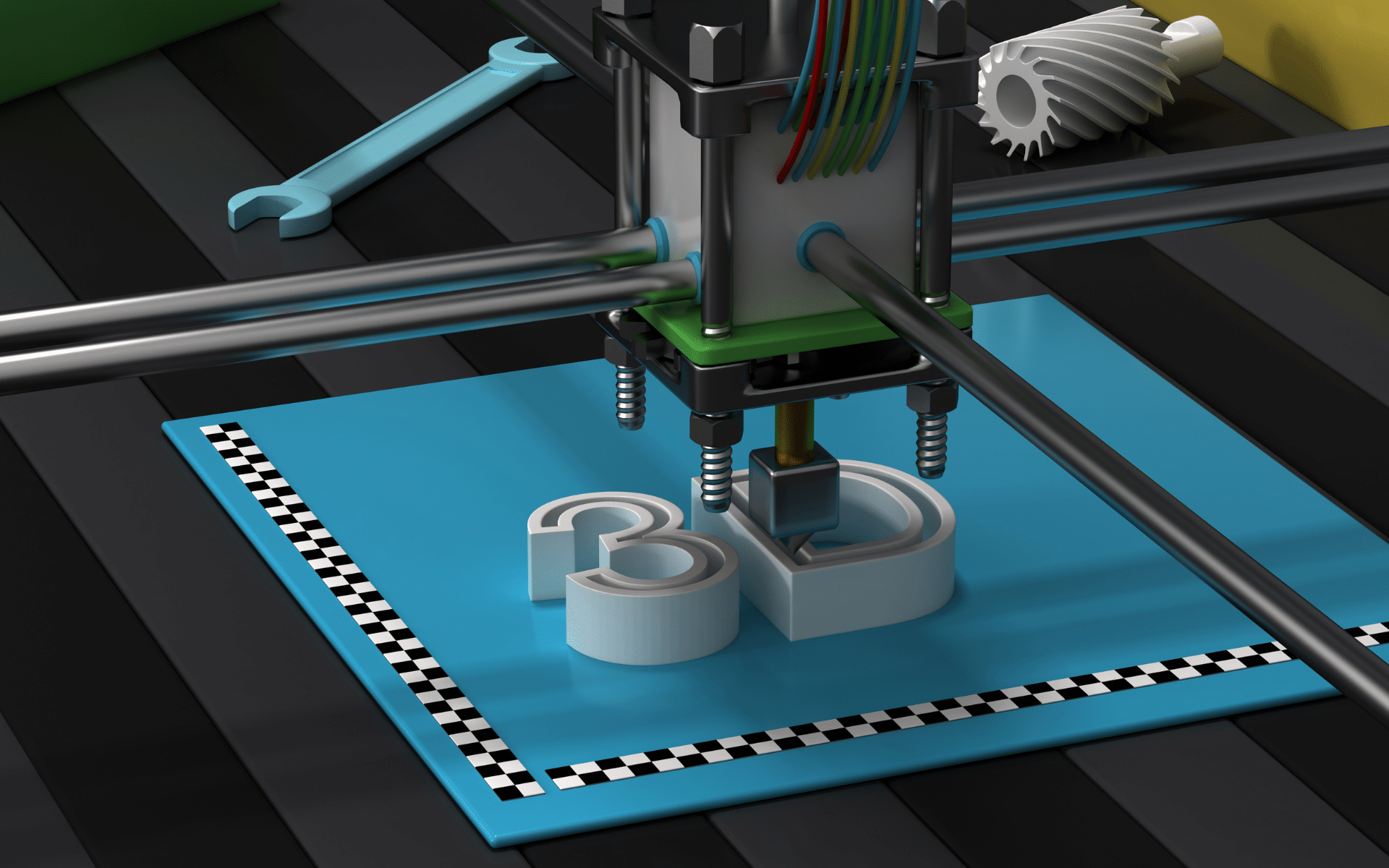
Neurotechnologies: from privacy to mind reading
The technological branch that includes innovations aimed at interacting with our brain is certainly interesting. In fact, neurotechnologies seem to represent an ever closer future, in which, also thanks to innovations such as artificial intelligence, we will be able to quickly understand and use the enormous amount of data produced by our brain.
Neurotechnologies are already a reality and, especially in the medical field, have concrete and extremely useful applications. An interesting issue is linked to data privacy: if in fact privacy represented a complex issue because we realized that by not protecting it we allowed large companies to access the entirety of our lives, it is clear that even the access of a technology to Our brain must be analyzed and treated with extreme care and clarity from the very beginning.
Read minds
The idea of reading minds is inspiring, scary and science fiction. But analyzing the technologies at our disposal, it is at the same time reality, if looked at from the right angle to define it correctly.
Our brain is in fact capable of generating an enormous amount of data and information. It is no coincidence that neural networks are also studied in the IT and technological fields, with the idea of reproducing the functioning of our brain.
Until a few months ago, the application of neurotechnology was mainly in the medical field, but recently it is quite clear that mind reading has taken a much more commercial turn. Headphones that measure the emotional response to an advertising message, earphones capable of classifying employee attention levels and sensors that detect brain activity are some of the latest innovations and patents filed by the (usual) large global companies in the tech world.
Privacy
But if we talk about data collection we need to introduce the topic of privacy right away.
Who will protect our brain data from? How much freedom will the companies that can access them have to use them?
It is now clear that companies collect more data than is necessary to carry out their business, it seems that data collection has become an obligation for anyone working in the technology sector, to the detriment of consumers who have no type of control over the traffic of own information.
A few weeks ago in Colorado, Governor Jared Polis, with the idea of immediately preventing any misunderstandings, extended the law that protects the right to privacy also to neural data, giving birth to the first Protect Privacy of Biological Data Act.
In fact, there is no doubt that in the next few years, if not already in the next few months, we will see the entry into the market of mental stimulators, memory extenders and other devices closely connected to brain stimuli. It is probably better to think from today about the limits to be imposed on the companies that produce them, with the idea of not finding ourselves doing so when it is too late.








